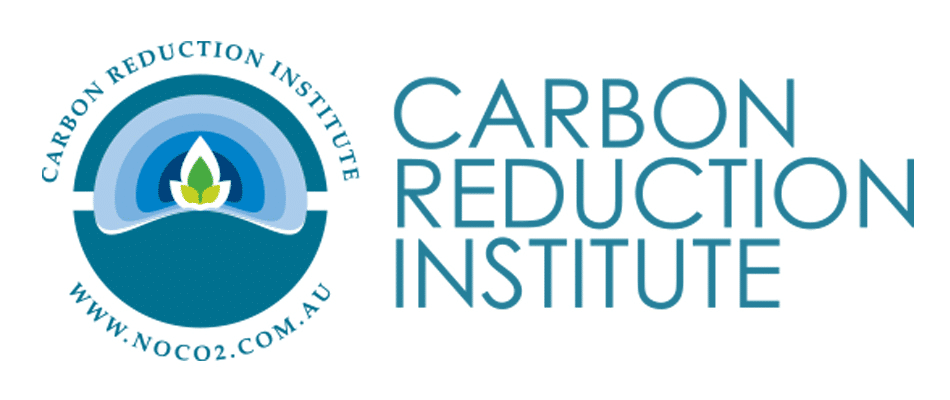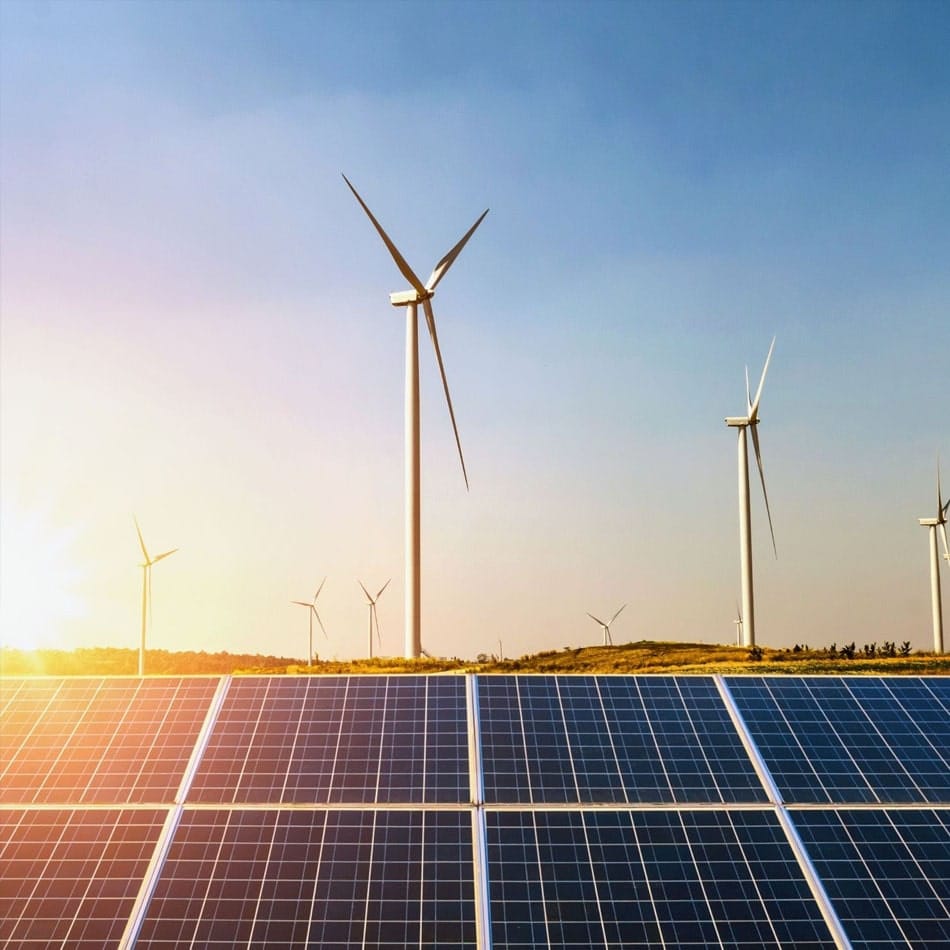Certified Carbon Neutral
A Goal Achieved
On October 12th, 2019, Larsen Jewellery achieved its long-term goal of becoming a carbon neutral business. In addition to this, all products and services provided by us are officially certified carbon neutral as well.
To achieve this status, we undertook the following three processes. Firstly, we commissioned a NoCO2 audit from Carbon Reduction Institute (CRI) to measure our carbon footprint for the 2018 financial year (FY2018). CRI’s NoCO2 audit follows the standards outlined by the World Business Council for Sustainable Development’s Greenhouse Gas Protocol Corporate Accounting and Reporting Standard, in addition to the international standard ISO 14064.1. We then committed to offsetting our unavoidable emissions through the purchase of units in approved projects under the Verified Carbon Standard (VCS) and Gold Standard, and finally we have committed to ongoing annual audits of our emissions going forward to ensure our carbon neutral status is retained and up to date.


Carbon Credit Projects
India Biomass
Environmental problems in India are growing rapidly. The increasing economic development and a rapidly growing population is putting a strain on the environment, infrastructure, and the country’s natural resources. India’s air pollution is exacerbated by its heavy reliance on coal for power generation. While India is fortunate to have abundant reserves of coal to power economic development, the burning of this resource, especially given the high ash content of India’s coal, has come at a cost in terms of public health risk and environmental degradation. Reliance on coal as the major energy source has led to a nine-fold jump in carbon emissions over the past forty years.


Biomass projects aim is to utilize agricultural waste or other non-renewable biomass residues as fuel to generate power and to lower the plants’ dependence on the local grid for electricity. To meet the rising energy demands in production, new efficient biomass boilers are installed together with a steam turbine, producing both steam and electricity. The new boilers are fuelled with locally available agricultural waste instead of traditional, emission intensive coal.
China Wind & China Solar
China has witnessed rapidly increasing demand for energy as a by-product of meteoric growth in recent history. This has resulted in a significant increase in the burning of fossil fuels to meet the developing demand for energy. China has traditionally been reliant on the burning of coal to meet its energy needs given its relative abundance and cost advantage. A dependence on coal has contributed to China becoming the world’s largest emitter of greenhouse gases as well as the discharge of dangerous gases and particulate matter that degrade air quality and have generated alarming health concerns.
The China Wind & Solar Projects provides a renewable, clean energy source for power generation. They partially displace electricity currently generated from conventional fossil fuel based thermal power plants, thereby reducing overall emissions. Furthermore, by reducing harmful pollutants in the atmosphere, the projects also provide public health and local environmental benefits.
Cookstoves in Developing Nations
Nearly three billion people around the world burn wood, charcoal, animal dung, or coal in open fires or in inefficient stoves and without a chimney for daily cooking and heating. This reliance on inefficient cookstoves and fuels leads to a wide variety of environmental problems including deforestation, air pollution and climate change. Daily exposure to toxic smoke from traditional cooking practices is one of the world’s biggest, but least well-known killers.
The Cookstoves in Developing Nations project disseminates efficient wood and charcoal cookstoves throughout to reduce dependency on traditional biomass fuels. By replacing traditional cookstoves with fuel efficient stoves in households and restaurants, reduces greenhouse gas emissions, relieves pressure on local forests and assists in reducing the incidence of chronic respiratory disease, improving livelihoods in poor communities.
Cookstoves in Developing Nations sources Verified Carbon Standard and Gold Standard carbon credits from countries including Peru, Uganda, Cambodia and China.
Other on-going environmental initiatives include using green electricity and adopting a recycling system for all of our paper and cardboard waste.
